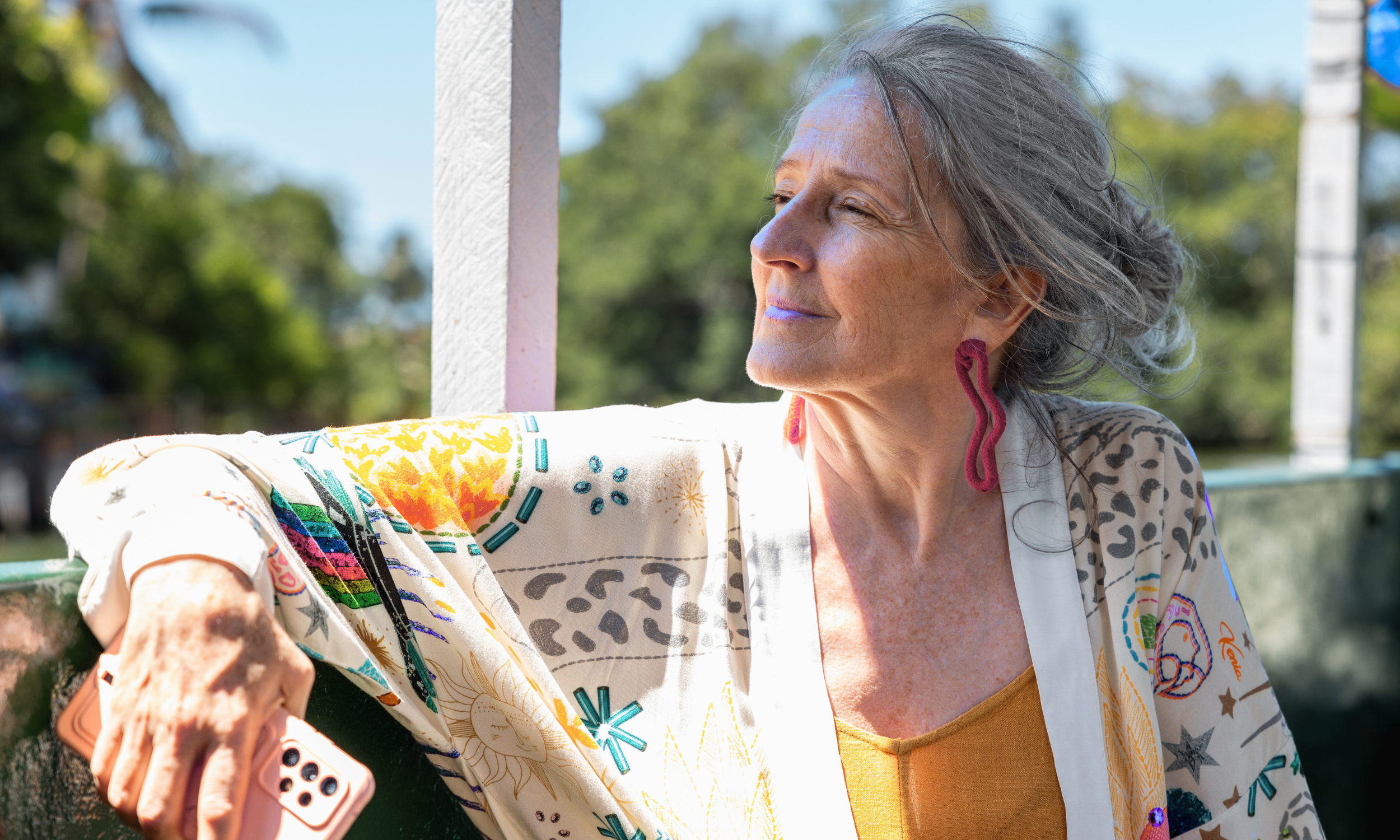Retirement Village Contracts in Queensland Explained: Leasehold, DMF and Land Lease
Thinking about moving into a retirement village can feel exciting, but Queensland retirement village contracts can also be confusing. Words like leasehold, DMF, or land lease pop up everywhere and they don't work the same way as buying a regular house. Because these contracts can have a big impact on your finances and future plans, it's really worth getting your head around the basics before you start looking too closely at those glossy brochures or pricing lists.
So let me break down the main contract types you'll come across in Brisbane, Gold Coast and across Queensland, explained in plain English.
What is a leasehold retirement village?
In a leasehold retirement village, you don't own the unit in the same way you'd own a home on title. Instead, you pay an entry price for the right to live there under a long lease, typically 99 years or more. When you leave (usually after 7-15 years on average), you or your estate sell that right to the next resident, but exit fees usually apply.
In Queensland, these retirement village leasehold arrangements are regulated under the Retirement Villages Act. Operators must provide documents up front, like the Village Comparison Document and Prospective Costs Document, so you know exactly what fees and conditions you're signing up for.
What is a DMF in a retirement village?
Now, here's where it gets interesting. DMF stands for Deferred Management Fee, and it's the most common model across Queensland retirement villages.
You pay an entry amount, and when you leave the operator takes a percentage of that amount or of the resale price. This percentage builds up over time - usually around 5-7% per year and is capped, often at around 25 to 35 percent after 6-8 years.
So if you paid $1,100,000 to move into a Brisbane retirement village and the DMF is capped at 30 percent, you'd get around $770,000 back when you leave. The upside? The entry price and ongoing fees are often lower compared to buying a unit outright, and you're not responsible for major maintenance costs.
How does a land lease community work?
Land lease communities, sometimes called lifestyle resorts or over-50s communities, are becoming really popular across Brisbane and the Sunshine Coast. Here's the thing, you buy the home but lease the land from the operator. You pay a weekly site fee (typically $150-$300 per week) for the land, and some people can access rent assistance to help cover it.
The big plus is that you usually keep 100 percent of any capital gain when you sell your home. There are no DMF-style exit fees, though you do need to factor those ongoing site fees into your budget, they can add up to $15,000+ per year.
Which retirement village contract type is best?
There's no one-size-fits-all answer and that's the honest truth. Leasehold and DMF villages provide fully managed communities with facilities like pools, gyms, and social activities, but you'll give up part of your equity when you leave. Land lease gives you more control over your capital but comes with those weekly site costs that continue indefinitely.
The best choice really depends on your finances, how long you expect to stay, what lifestyle you want, and whether you need the security of a managed environment versus the flexibility of home ownership.
Common questions about retirement village contracts
What happens if I need to move to aged care?
Most contracts allow you to leave for health reasons and the same exit conditions apply whether you're moving to aged care or just relocating.
How long do people typically stay?
On average, residents stay 7-15 years, though this varies widely depending on age at entry and personal circumstances.
Can I renovate or modify my unit?
This varies by village and contract type. Land lease communities usually offer more flexibility since you own the dwelling.
What should I do before signing any retirement village contract?
Retirement village contracts in Queensland are very different from standard property contracts. Before signing anything, always:
• Read all the documents carefully and yes, even the fine print
• Ask as many questions as you need until everything makes sense
• Get independent legal advice from a lawyer experienced with retirement village law
• Seek financial advice to understand the long-term impact on your estate
Take your time with this decision. Good operators won't pressure you, and you have cooling-off rights under Queensland law.
Final thoughts
Moving into a retirement community can be a positive and freeing step, and many people love the social connections and security these communities provide. The key is choosing the right contract type for your particular situation and understanding exactly what you're signing up for.
If you'd like someone independent to help you compare Queensland retirement villages, explain the fine print and make this big decision easier, that's exactly what we do at Hazel and Fred. We provide calm, practical guidance with no commissions and no pressure - just honest advice to help you find the right fit.
We’re always happy to chat when the time’s right - book a free discovery call.

